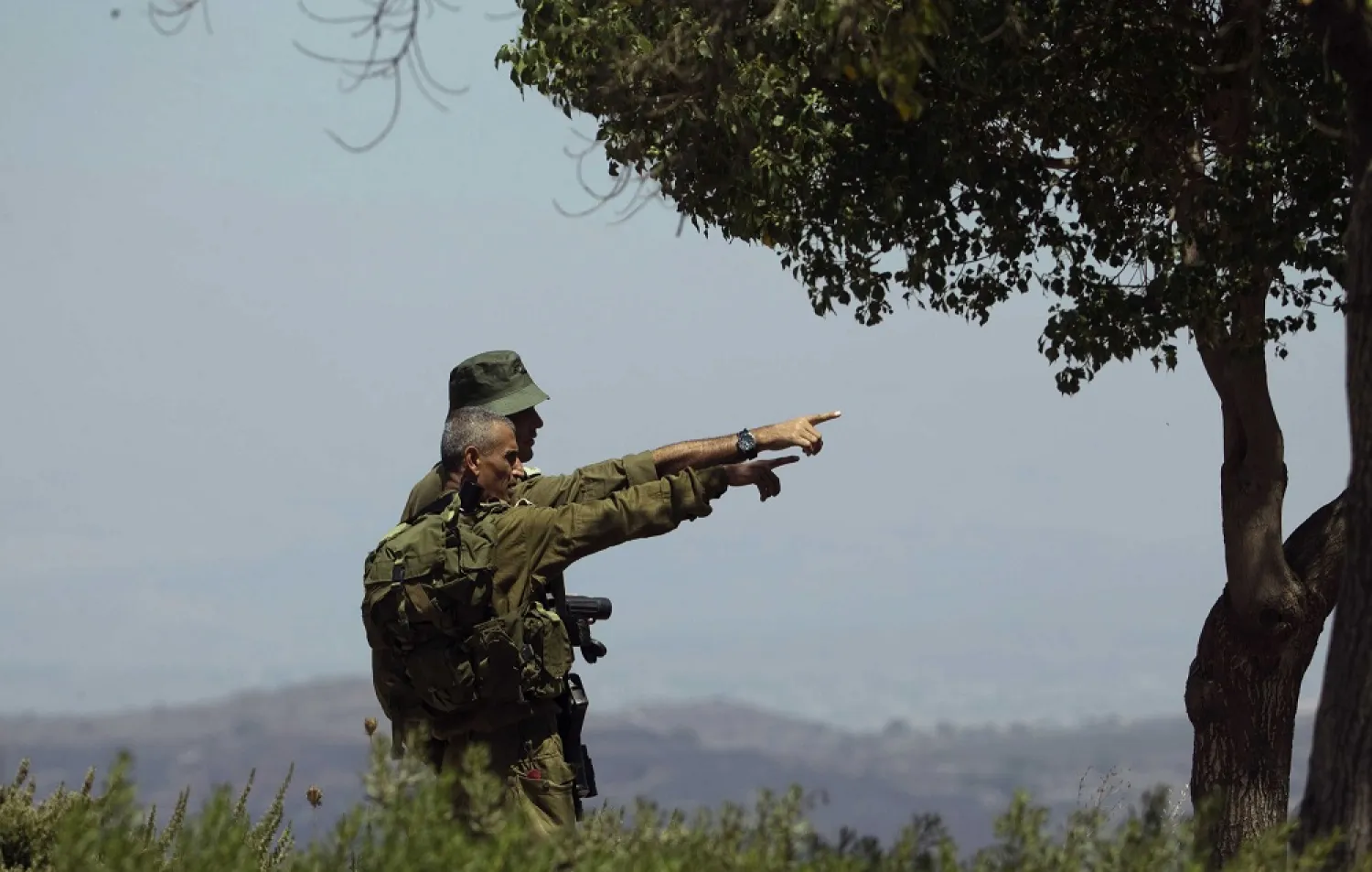Israel carried out a series of new strikes against militias in southern Syria, opposition sources said Friday. It also later struck a Hezbollah weapons warehouse in central Syria.
Israeli helicopters fired several from the Israeli-occupied Golan Heights against militia posts near Quneitra.
Reports said the attack caused only material damage. There was no immediate comment from the Israeli army.
Bases and convoys run by Lebanon’s Iranian-backed Hezbollah party, which has a strong presence in the Syrian Golan Heights, have been hit by Israel in recent years.
Later on Friday, explosions rocked a Syrian military base housing a weapons warehouse in the central Homs province, and a local official said the cause was not immediately clear.
The Britain-based Syrian Observatory for Human Rights, which monitors the Syria war, said an Israeli rocket attack was suspected. It said the weapons warehouse, south of the city of Homs, belonged to Hezbollah.
The Israeli military declined to comment on the reports.
Friday's explosions wounded 10 civilians walking nearby, Homs health director Hassan al-Guindi told local Syrian media. Smoke columns could be seen from a distance and the sound of explosions echoed into Homs city.
Gov. Talal Barazi said it wasn't clear what caused the explosions.
He said the military base includes a weapons warehouse but did not name Hezbollah. The Observatory said the base has been used by the Lebanese group for years. It said the explosions caused damage to the base and reported flying debris that reached outside its perimeters.
Stepping up attacks
Israel was stepping up its raids in Syria at a time when world attention and the region, including Syria, was distracted with tackling coronavirus, a regional intelligence source said, according to Reuters.
Two weeks ago, an Israeli drone attack targeted a car carrying forces from Hezbollah in southern Syria along the border with Lebanon without causing casualties.
A few days later, Israel struck central Syria near the ancient city of Palmyra, in what regional intelligence sources said were Iranian-backed outposts and a command center.
Israel has acknowledged in recent years it had conducted many raids inside Syria since the start of the war in 2011.
After Syria announced last Monday it had intercepted airstrikes by Israel near the capital Damascus, Israeli defense minister Naftali Bennett told Israeli media that Israel would step up its campaign against Iran in Syria.
Bennett appeared to confirm Israel was behind that airstrike on what Western intelligence sources said were Iranian bases.
“We have moved from blocking Iran’s entrenchment in Syria to forcing it out of there, and we will not stop,” Bennett said in a statement.
“We will not allow more strategic threats to grow just across our borders without taking action. We will continue to take the fight to the enemy’s territory,” Bennett said.
The Syrian regime later said Monday’s strike killed three Syrian civilians and injured several others from shrapnel that hit their homes.
Israel says Iran’s military presence in Syria, where its militias are fighting alongside Syrian regime forces, is a strategic threat and claims Tehran seeks a permanent presence along its northern borders.
The threat of direct confrontation between arch-enemies Israel and Iran has long simmered in Syria, with Israel regarding Iran as its biggest threat.
Regime leader Bashar Assad has said Iranian forces are welcome to stay in Syria after years of military victories in which Iran and Russian have played a key role in bringing back most of the country back under his control.









